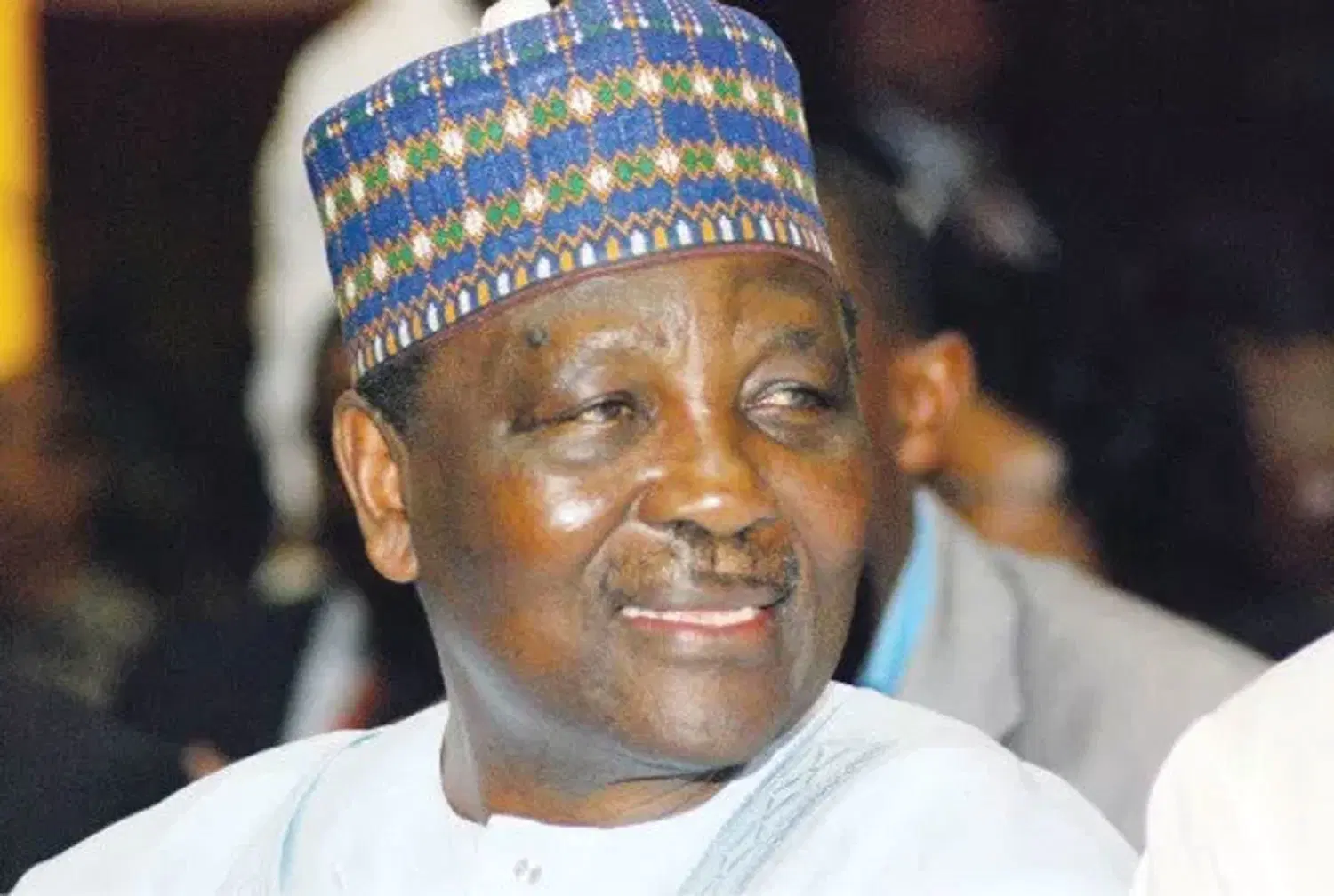Knight-errants in shining armor occasionally emerge not from the pages of romantic fantasy novels, but from the crucible of necessity and historical vicissitudes. They arise to rescue their countries from calamities and ambitious adventurers. One such figure is General Yakubu Gowon, whose emergence was a response to the challenges facing Nigeria following the calamities of January 1966.
“To keep Nigeria one is a task that must be done.” These words, steeped in profound significance and historic importance, continue to resonate across generations. They encapsulate the essence of Nigeria’s identity in the world, particularly in Africa. They also define the character and indomitable spirit of General Gowon, who served as a wartime leader during a pivotal moment in Nigeria’s history. A product of his environment, Gowon combined the placid temperament of Wusasa, Zaria, with the disciplined and religious upbringing of a devout Christian pastor.
The immense responsibilities thrust upon Gowon at a young age were daunting, yet his natural disposition and sharp intellect allowed him to rise to the occasion, surpassing all expectations. His ascent to power was fortuitous and accidental, occurring during a time when Nigeria was on the brink of collapse. Through sheer determination and visionary leadership, he not only averted disaster but also united Nigeria against all odds.
Gowon’s achievements alone secure his place among the hallowed halls of heroes and historical figures whose contributions cannot be erased by time. Recognizing the roles of individuals like him in shaping the nation’s destiny is both urgent and critical. Among these notable figures, General Gowon stands out as the most deserving of celebration.
Beyond his immediate accomplishments, Gowon set Nigeria on a path toward development and modernity. His most significant attribute was his magnanimous treatment of the defeated Biafra region, which had sought to secede from the Nigerian Federation. In his book, A Profile in Courage: Let the Truth be Told, Major-General Paul C. Tarfa, Gowon’s contemporary and comrade-in-arms, noted, “General Gowon’s action after the war was uncommon. By his declaration of ‘no victor, no vanquished,’ he proved to the world how to win war and peace at the same time. No country has fought a civil war and healed its wounds as fast as Nigeria did under Gowon. The world should learn from his wisdom and clean heart.”
This encomium from General Tarfa underscores the essence of Gowon’s leadership. During a time when atrocities are likely to occur, Gowon ensured that the conflict was conducted humanely, true to his calling as an officer, sportsman, and gentleman. He issued a code of conduct regarding the treatment of civilians in the rebel enclave, a rare proclamation in wartime. This directive became a crucial instrument for reconciliation and the reintegration of Biafra into the larger Nigerian family.
General Tarfa’s tribute reflects Gowon’s extraordinary character: “He is a man of impeccable character and integrity, an officer and a gentleman whose leadership qualities are exemplary to military experts and other African heads of state alike. He led Nigeria through the turbulent years of the Civil War with competence, a sense of justice, and diligence. He is a man whose humility and simplicity are often mistaken for weakness; a man who is never boastful but always victorious over his critics and foes. Under him, Nigeria fought a bitter thirty-month Civil War. In the spirit of magnanimity in victory, General Gowon reconciled the victors and the vanquished, uniting the country as one indivisible entity.”
Today, we celebrate a man whose life embodies the spirit of collective advancement for his people and nation. His character forbade atrocities and upheld humanity and compassion as the pillars of his administration. Gowon led without vengeance, and when he was removed from power, he left without malice, forgiving his enemies and embracing his friends even closer.
As we reflect on his legacy, let us recognize General Yakubu Gowon not just as a leader of his time,

